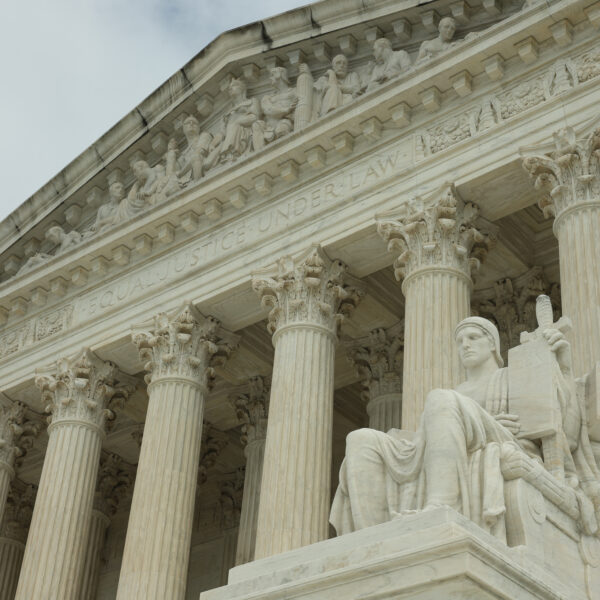
Palmetto Giving Day
May 6, 2024
Under Attack, Remember Lincoln
May 21, 2024Social Media and Online Defamation

62.3% of the world’s population uses social media. The average daily usage is 2 hours and 23 minutes as of April 2024. This dramatic rise in social media use has resulted in an increased risk of online defamation.
Defamation happens when someone makes a false statement about you—verbally or in writing—that damages your reputation. Verbal defamation is called “slander.” Written defamation is called “libel.”
What Is Online Defamation?
Defamation law has evolved over hundreds of years, with courts trying to balance one person’s freedom of expression against another person’s right to defend their reputation. The internet has allowed more free speech than ever before and more opportunities to trash someone’s character with a post or a comment.
Traditional defamation cases involve newspaper articles, magazines, letters to the editor, and television and radio broadcasts. Online defamation happens on various platforms, including:
Facebook, X (formerly Twitter), Instagram, TikTok, NextDoor, LinkedIn, Reddit, Yelp and other review sites, andblogs.
Defamation is a civil wrong in most states—you can sue someone for money over it. But harassment and cyberbullying are crimes that can lead to a jail or prison sentence.
How Do You Prove Online Defamation?
Each state has its own defamation laws, but the basic principles are the same no matter where you file your lawsuit. A plaintiff suing for online defamation typically must show that the defendant:
made a false statement of fact the statement was made to someone other than the plaintiff the statement harmed the plaintiff’s reputation, and the defendant was “negligent” (careless) about whether the statement was true or false.
Public figures, like politicians and celebrities, have to show more than negligence. Public figures have to show that the defendant acted with “actual malice.” Actual malice means the defendant made a false statement knowing it was false or with reckless disregard for the truth of the statement.
Defamation is harder to prove than it may seem at first glance. Remember, the statement has to be a false statement of fact. Many defendants argue that what they said about the plaintiff wasn’t defamatory because it was true or that it was an opinion and not a fact.
Damages in Defamation Cases
“Damages” is the legal term for the money a plaintiff receives as compensation for harm caused by a defendant. Some defamation claims end in multi-million dollar awards for plaintiffs. Other defamation plaintiffs receive nothing or “nominal” damage awards as low as $1.
Generally, Section 230 of the Communications Decency Act prevents you from suing the social media platform(s) involved in your situation for allowing such defamatory statements to be spread around. Under the law, each person is largely responsible for their own actions.
People can and do sue individuals for defamation in response to social media posts, however. For example, in 2017, a woman had to pay $500,000 after she made a Facebook post that implied a former rival was responsible for their child’s death in a drunk-driving wreck – something that was completely false. Claiming that someone killed another with it not being true could be considered defamation per se.
Defamation per se is a legal concept that applies to a limited set of false statements that are considered so harmful that they are presumed to be defamatory. These statements include those that impute a criminal offense like murder, suggest someone is infected with a contagious disease, imply a lack of ability or integrity in one’s trade or profession, or make false allegations about a person’s sexual conduct.
In cases of defamation per se, the person claiming to be defamed does not need to prove that the false statement caused any specific harm to their reputation. This is because the law recognizes that the statement itself is so damaging that it must have caused harm to the person’s reputation.
Conclusion
Be wise in your conduct and comments. Know the facts and know that just because you are hidden behind a screen trying to hold someone else accountable for your perception of a story does not mean that you too won’t be held accountable when your statements turn out to be false.
Social Media is a tool that can be used for good or evil – the use is up to the user. Be wise and do not jump to conclusions when all you know are rumors and gossip from other who know nothing more than you yourself.
May God Bless You, Your Business, and the United States of America,
Tom Winslow



